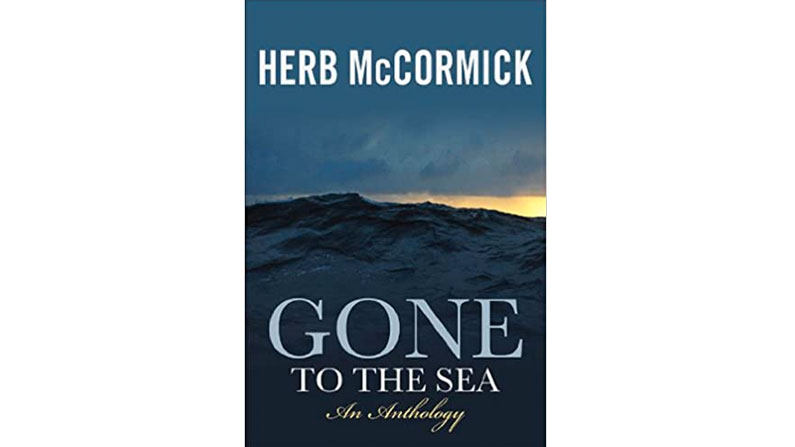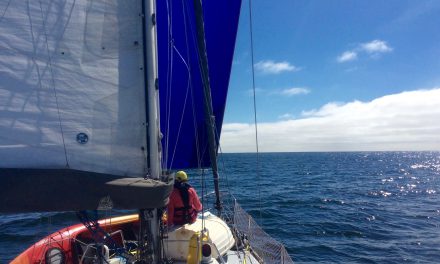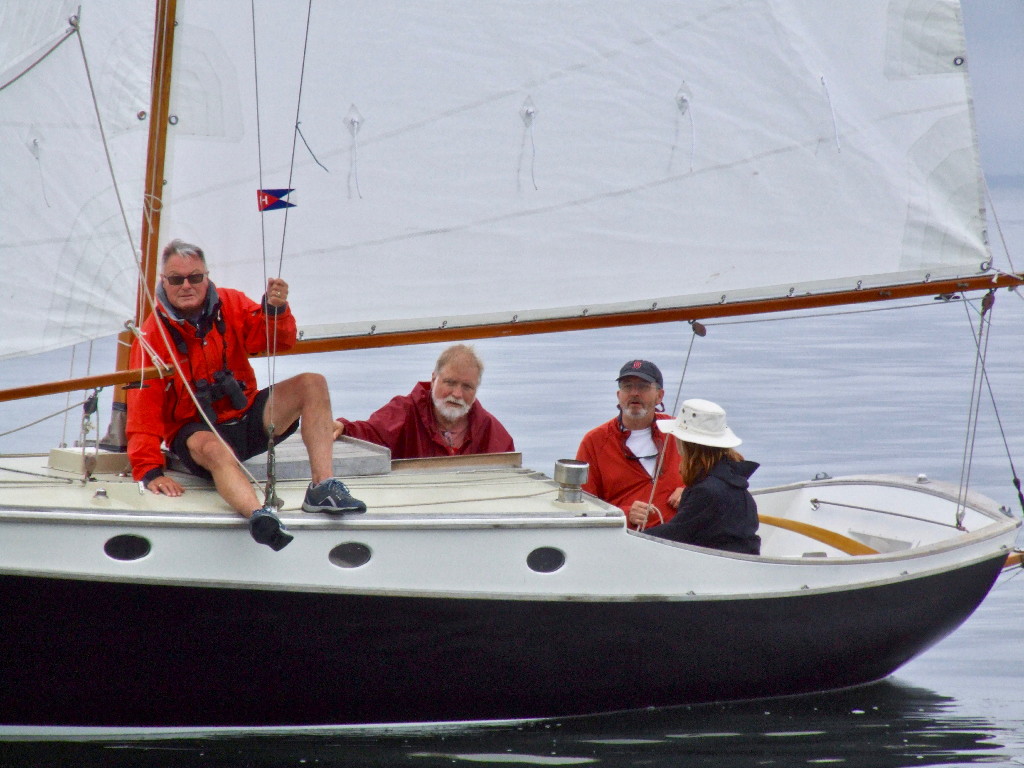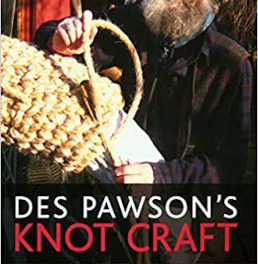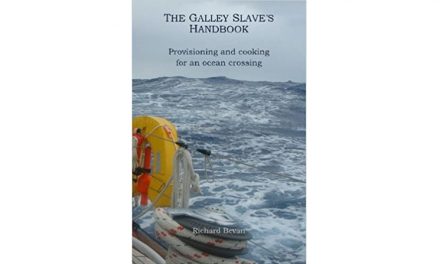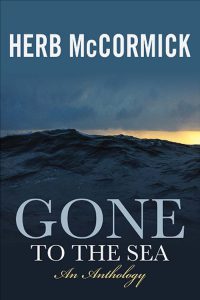 Herb McCormick and I wrote our first books together, after hours, banging away at IBM Selectric typewriters on the second floor of the old Cruising World offices in downtown Newport, Rhode Island. He and then-editor George Day were working on Out There, a fine narrative describing the first BOC Challenge singlehanded round-the-world race. Herb wasn’t too many years out of Williams College, where he starred as wide receiver on the school football team. He was not all that fast running in a straight line, but he was quick, and had great hands. Think Fred Biletnikoff from John Madden’s Oakland Raiders teams. If you’re not old enough to remember those great teams of the ’60s and ’70s, Wes Welker will do for now — short routes, quick moves, great hands.
Herb McCormick and I wrote our first books together, after hours, banging away at IBM Selectric typewriters on the second floor of the old Cruising World offices in downtown Newport, Rhode Island. He and then-editor George Day were working on Out There, a fine narrative describing the first BOC Challenge singlehanded round-the-world race. Herb wasn’t too many years out of Williams College, where he starred as wide receiver on the school football team. He was not all that fast running in a straight line, but he was quick, and had great hands. Think Fred Biletnikoff from John Madden’s Oakland Raiders teams. If you’re not old enough to remember those great teams of the ’60s and ’70s, Wes Welker will do for now — short routes, quick moves, great hands.
As for most people, writing did not come easily to Herb, but he’s a quick study, and it wasn’t long before he figured out the secrets to the feature form: organize your material into a beginning, middle, and end. And if you’re clever, you’ll settle on an angle at the beginning that grabs the reader, then reprise it at the end.
Why this exposition on the craft of non-fiction writing? Because a good story is all in the telling. A talented writer can make any subject interesting. Take Herb’s account of meeting Catalina Yachts’ founder Frank Butler. “Traffic is moving briskly on California’s famed Ventura Highway, flowing due west from Los Angeles, and Frank Butler is moving right along with it . . . When he sees a quick opening, he goes for it, and the needle on the speedometer tilts accordingly . . . 65, 70, 75. There’s only one problem, really. About three cars back, leaning on the gas in a whining, woeful, compact rental, someone is desperately trying to maintain contact, visual and otherwise, with the blazing T-bird.
“That someone would be me.”
Turns out Butler wasn’t leading Herb to the sailboat plant, but to the warehouse full of old cars he collects — a 1920 Dodge Phaeton, a 1940 ragtop Lincoln Continental, and lots of Thunderbirds.
Fast forward to the story’s end, where Butler bids Herb adieu. Speaking of his life, Frank says, “I do know one thing. It went very fast. When you enjoy things, they go fast. Real fast.”
To which Herb extends the automotive metaphor: “Well, yes. Fast. That’s the speed when you never take your foot off the pedal.”
The 28 stories in this engaging anthology are as varied as Herb’s travels around the globe. Meet “The (Not Quite) Mellow Dude,” Dennis Conner, who, on first meeting Herb, sees alarming parallels with TV mobster Tony Soprano; singlehander Mike Plant before his last voyage; Don Street; Ted Kennedy, and a crazy collection of other blokes. Herb knows that while we’re all in this game for the love of boats, it’s people who make the stories.
I tell you this in the hopes you’ll plunk down your hard-earned cash to buy this book. You’ll get change for your twenty. And I promise you short routes, quick moves, and great hands.
Gone to the Sea: Selected Stories, Voyages and Profiles by Herb McCormick (Paradise Cay Publications, 2011; 313 pages)

